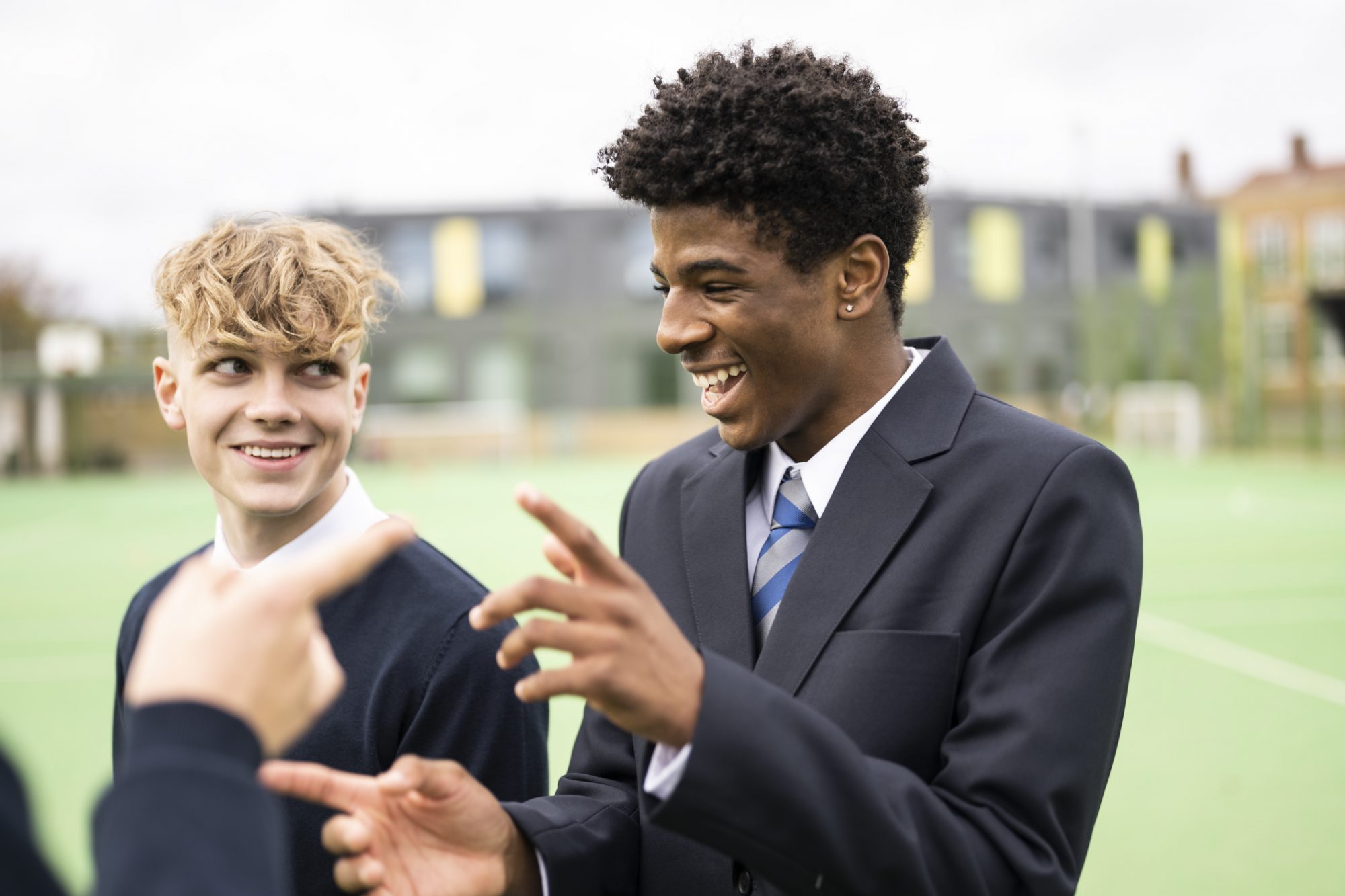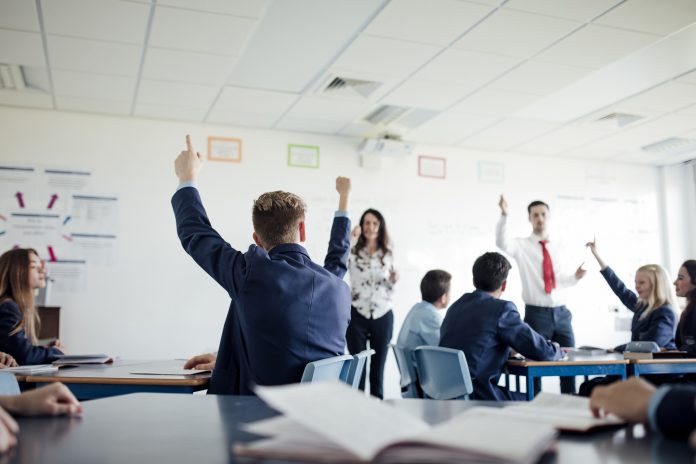To truly improve mental health in schools and the well-being of students, educators and families, there is no substitute for human connection
Programs that bring in experienced mental health professionals and coaches — in addition to online learning — can better engage and connect with students on issues that are happening now in their daily lives, and improve overall mental health in schools. Live coaching can help create a safe environment to talk about life’s challenges and evidence-based coping strategies.
It is essential that mental health professionals and coaches represent a wide variety of backgrounds. Diverse representation provides different experiences and unique perspectives to connect and build trust with students from all types of backgrounds.
While technology certainly plays a role in addressing mental health in schools from K-12, it should help expand the accessibility of human interaction and support. Technology can also provide value to students and families by giving them access to on-demand resources and support outside of traditional school hours.
For example, schools can implement technology in ways that enhance the core curriculum, such as gamified learning activities like school-wide mindfulness challenges or short video lessons.
Providing support to the support staff
To ensure the biggest impact, programs need to support the mental health and well-being of the entire school community. This includes the teachers, counsellors and critical support staff – such as cafeteria and transportation workers. These individuals in the school ecosystem are in a position where they could help provide daily additional support to students but often lack any formal skills or training to do so.
Educators play an essential role in supporting student success and bettering mental health in schools. However, the demands of the job can often take a toll on their own mental health. Along with raising teacher pay, support services need to be in place to help reverse the trend of teachers leaving the profession.
There’s real power when school leaders initiate compassionate and well-informed dialogues with their teachers and staff. Group coaching provides a safe environment for educators and staff to talk about their challenges and learn evidence-based strategies to improve their own mental well-being as well as the mental well-being of their students.
A new approach to social media use
In order to be proactive and realistic about social media, we must take an early and thorough approach to arming students and staff with skills that foster resilience. We can’t always escape the ubiquitous digital world, but we can be prepared to counter its toxicity with concrete strategies.
Adolescents are extremely sensitive to acceptance and rejection on social media because their prefrontal cortex, which helps guide behaviour and emotional responses, is still developing. At the onset of puberty, the brain becomes hypersensitive to social cues, people comparisons, and explorations of things such as gender identity.

This can make the darker side of social media dangerous to someone who hasn’t been taught ways of coping with negative online comments, much less outright cyberbullying. Adults and teens alike benefit from practical coaching for better mental health in schools, to learn the differences between sharing and bragging as well as healthy and unhealthy online attention.
One of the main issues is an imbalance in screen time and real-world exposure
A majority of teens are online almost constantly. Setting healthy boundaries is important to prevent excessive screen time from cutting into necessary sleep and exercise. Making time for self-care helps re-energize and thereby empowers you to proactively alleviate feelings of loneliness by seeking connectedness and healthy socialization.
It’s important to note that loneliness is different from social isolation. A person can have thousands of social media followers and still feel lonely because they lack true companionship. Anyone battling loneliness should be made aware that more screen time, and specifically social media use, will not help alleviate their feelings and may even exacerbate the negative effects of being lonely. Parents and educators need to prioritize building and nurturing positive peer-to-peer relationships on social media.
By Sonny Thadani, CEO of Robin
To learn more about the Robin approach, please read our whitepaper.











